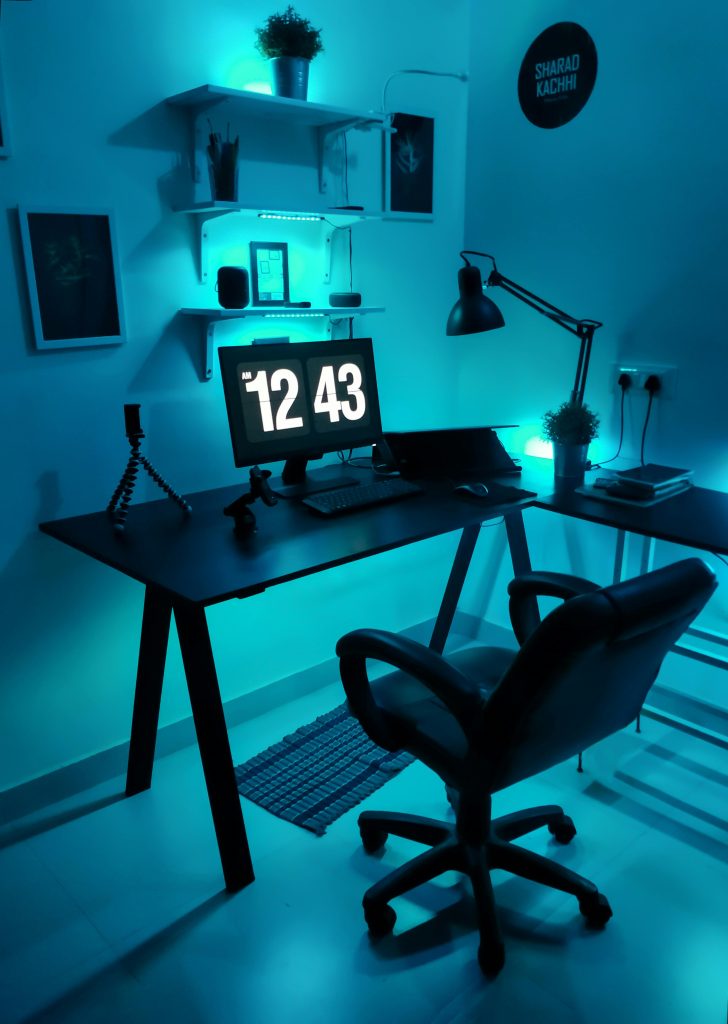Diagnosing Persistent Blue Screen Errors in a High-Performance PC: A Step-by-Step Guide
Introduction
Blue Screen of Death (BSOD) errors can be a significant source of frustration for PC enthusiasts and professionals alike. When dealing with a high-end system equipped with the latest components, pinpointing the root cause becomes even more challenging. In this article, we’ll explore a real-world scenario involving persistent BSODs, the diagnostic steps taken, and recommendations for further troubleshooting.
System Overview
The affected system features the following key components:
- CPU: Intel Core i9-14900K, 3.2 GHz, 24-Core
- CPU Cooler: Corsair iCUE H170i ELITE CAPELLIX XT (liquid cooling)
- Motherboard: MSI MAG Z790 TOMAHAWK WIFI (ATX, LGA1700 socket)
- Memory: 128GB Corsair Vengeance RGB DDR5-5600 CL40 (4 x 32GB)
- Graphics Card: MSI GAMING X TRIO GeForce RTX 3080 Ti 12GB
- Storage: M.2 SSD (C: drive), alongside older HDD/SSD and traditional SSDs
- Power Supply: Corsair RM1000x (2021), 1000W, 80+ Gold, modular
- Operating System: Windows 11 Home
Initial Symptoms
The user noticed the system sometimes remained on the login screen overnight, only to discover in the morning that Windows had experienced an automatic restart due to a BSOD. Over time, the occurrence became more frequent, prompting a necessity for detailed diagnostic efforts.
Diagnostic Tools and Findings
The primary tool employed was BlueScreenView, which revealed recurring issues pointing toward system kernel and driver-related files:
- ntoskrnl.exe (Windows NT Kernel)
- Fltmgr.sys (File System Filter Manager)
- storport.sys (Storage Port Driver)
- ntfs.sys (NT File System Driver)
This pattern suggests potential problems with core system components, drivers, or hardware affecting disk and memory integrity.
Steps Taken Thus Far
The troubleshooting process included several standard and advanced steps:
-
System File Check (SFC):
Runningsfc /scannowyielded some repaired files, indicating minor system corruption. -
Memory Testing:
Utilizing MemTest86 overnight resulted in zero errors,
Share this content:



